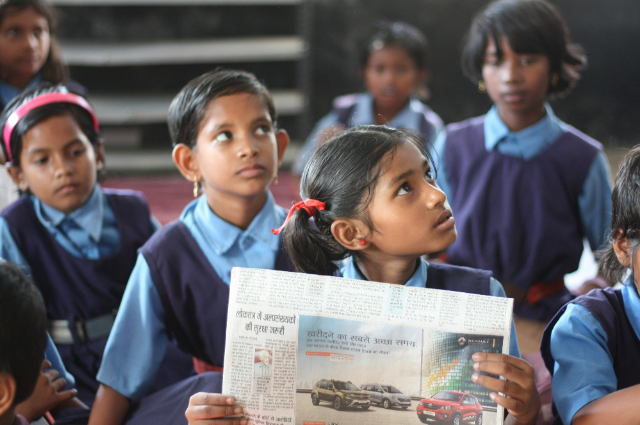
Photo by jaikishan patel on Unsplash
"You educate a man, you educate a man. You educate a woman, you educate a generation”.
In the journey towards gender equality, education stands as a cornerstone, especially for women. Historically, women have faced barriers in accessing education, but strides have been made globally to bridge this gap. Here are the importance of women's education and its impact on society:
1. Economic Empowerment:
Education equips women with the knowledge and skills needed to participate in the workforce, thus contributing to economic growth. Studies show that investing in girls' education leads to higher wages and greater financial independence.
"When women are educated, their countries become stronger and more prosperous".
2. Health and Well-being:
Educated women tend to have better health outcomes for themselves and their families. They are more likely to seek healthcare services, make informed decisions about nutrition and hygiene, and have healthier children. Education also correlates with lower maternal and infant mortality rates.
3. Empowerment and Agency:
Education provides women with the tools to advocate for themselves and make informed choices about their lives. It fosters critical thinking, self-confidence, and leadership skills, empowering women to challenge societal norms and pursue their aspirations.
Someone has rightly said,
"Empower a woman, and you uplift an entire community"
4. Breaking the Cycle of Poverty:
Education has the power to break the cycle of poverty within families and communities. When women are educated, they are more likely to invest in their children's education, creating a positive ripple effect for future generations.
"Education is key to reducing poverty and promoting equality".
5. Social and Political Participation:
Educated women are more likely to engage in civic and political activities, leading to greater representation and participation in decision-making processes. Their voices amplify issues of gender equality and social justice, driving positive change in society.
Challenges and Solutions:
Despite the progress, challenges remain in ensuring equal access to education for women worldwide. Socio-cultural norms, poverty, early marriage, and lack of infrastructure continue to hinder girls' education in many regions.
Addressing these challenges requires a multi-faceted approach, including:
- Implementing policies and programs that promote girls' enrollment and retention in schools.
- Providing scholarships, financial incentives, and support services to overcome economic barriers.
Angelina Jolie has rightly said,
"There's no greater pillar of stability than a strong, free, and educated woman.”.
Investing in teacher training and curriculum development to create inclusive and gender-sensitive learning environments.
Raising awareness about the benefits of girls' education and challenging harmful stereotypes and biases.
Collaborating with communities, governments, and international organizations to mobilize resources and advocate for policy change.
In conclusion, women's education is not just a matter of equality; it is an essential investment in the future of societies. By ensuring that all girls have access to quality education, we can unlock their full potential and create a more equitable and prosperous world for generations to come.
In the words of Harriet Martineau,
"Women, like men, must be educated with a view to action, or their studies cannot be called education!".
